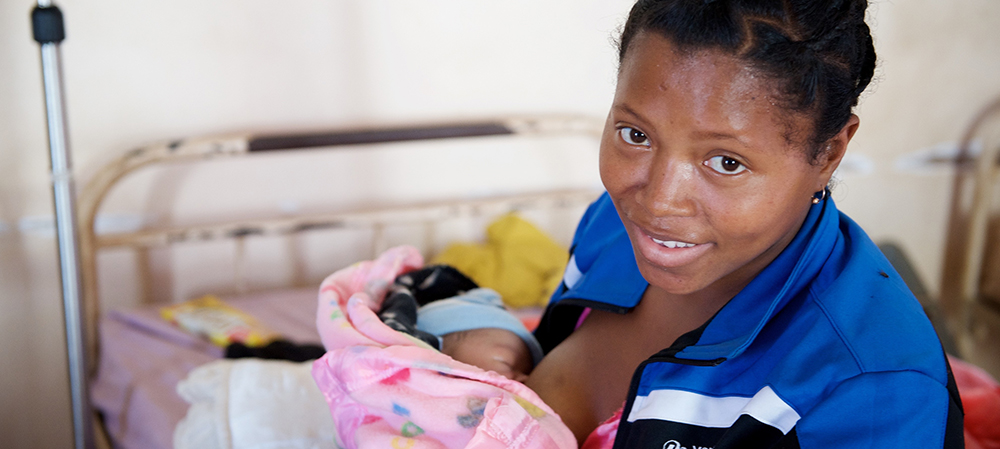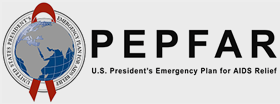Event participants reviewed the current scientific evidence on storing oxytocin, defined and agreed on storage requirements, and developed a plan to raise awareness. Key recommendations include:
- Procure only oxytocin that is quality assured and labeled for storage between 2 and 8°C, as inconsistent labelling has led to confusion about storage temperature requirements for oxytocin.
- Always store oxytocin at 2–8°C, even if the label indicates it can be kept at higher temperatures.
- Where possible, integrate oxytocin storage and distribution into existing cold chains, such as those for vaccines.
GHSC-PSM is continuing to work with RHSC and other stakeholders to promote these recommendations, which have the potential to fundamentally change how oxytocin is marketed, labeled, stored, and distributed.
For more information:




